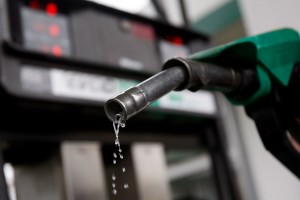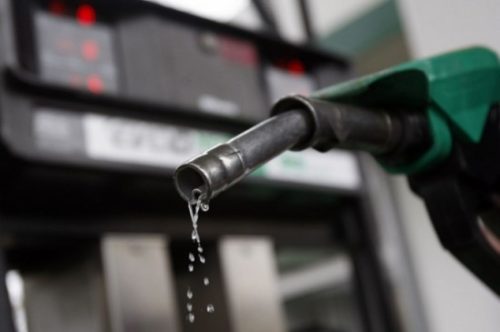
France will end sales of petrol and diesel vehicles by 2040 as part of an ambitious plan to meet its targets under the Paris climate accord, new Ecology Minister Nicolas Hulot announced Thursday.
“We are announcing an end to the sale of petrol and diesel cars by 2040,” Hulot said, calling it a “veritable revolution”.
Hulot acknowledged that reaching the goal would be “tough”, particularly for automakers, but said that French carmakers Peugeot-Citroen and Renault were well equipped to make the switch.
France is the biggest manufacturer of electric cars sold in Europe, with the Renault Zoe far outselling other models in 2016.
On Wednesday, Volvo said it planned to phase out production of petrol-only cars from 2019, with all new models to be either electric or hybrids.
The Chinese-owned group is the first major manufacturer to electrify all of its models.
Hulot cited Volvo as an example in making his surprise announcement, part of his plan to make France “carbon neutral” by 2050.
Hulot, a veteran environmental campaigner, was among several political newcomers to whom President Emmanuel Macron gave top jobs in his government.
His nomination was seen as a statement of Macron’s commitment to environmental issues.
Last month, the 39-year-old centrist hit back at US President Donald Trump’s announcement that he would pull out of the 2015 Paris accord with a video vowing to “make our planet great again” — a play on Trump’s campaign pledge to “make America great again” that went viral on social media.
Several countries have said they want to dramatically reduce the amount of polluting petrol and diesel cars on their roads but few have made firm commitments.
India has said it wants all cars sold there to be electric-powered by 2030.
In Europe, Norway aims to end sales of petrol and diesel cars by 2025 and Germany wants to put one million electric cars on the road by 2020.
Welcoming Hulot’s announcement, World Wildlife France chief Pascal Canfin told France Info radio: “We have every interest in being among the leaders.
“The sooner we invest, the sooner we will have the right technology and the better we will be positioned on the industrial and job fronts.”
Motorists still continue to opt overwhelmingly for petrol and diesel models, usually substantially cheaper.
In 2016, hybrid and electric cars accounted for only 3.6 percent of new cars registered in Western Europe, according to the European Automobile Manufacturers’ Association (ACEA).
The greatest spurt in sales was for non-rechargeble hybrids, which rose 27.3 percent compared to 2015.
Electric car registrations jumped by seven percent last year while plug-in hybrids grew by only 3.9 percent.
Hulot said that weaning France off conventional cars was a matter of “public health”.
Paris, Lyon, Grenoble and other French cities have a chronic smog problem.
Analysts are split on how quickly electric vehicles will displace those powered by internal combustion engines.
The 29-nation International Energy Agency (IEA), formed after the 1973 oil crisis, sees relatively modest growth, resulting in an eight percent market share — about 150 million vehicles — by 2040.
Private forecaster Bloomberg New Energy Finance’s estimates, by contrast, predicts a 22-percent market share for electric vehicles by 2035.
China — the largest market in the world for electric vehicles — sold more than half-a-million in 2016.
Copyright Ships & Ports Ltd. Permission to use quotations from this article is granted subject to appropriate credit given to www.shipsandports.com.ng as the source.

